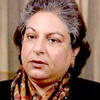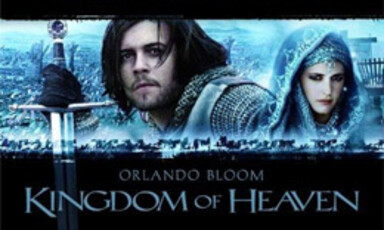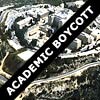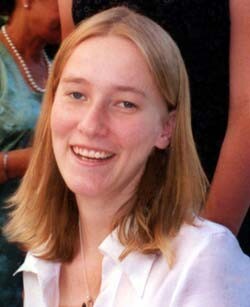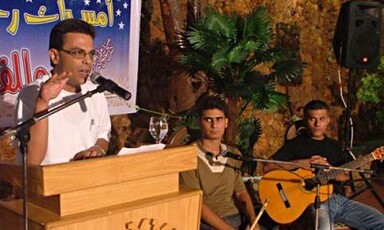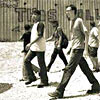
Oct 14-Nov 15: ISM USA Speaking Tour on the Palestinian/Israeli Nonviolent Movement
12 October 2005
From October 14 � November 15, 2005, Palestinian Ayed Morrar and Israeli Jonathan Pollak will be touring the United States speaking about Nonviolent Resistance in Palestine. The tour will visit New York, North Carolina, Washington D.C., Chicago, Los Angeles, the San Francisco Bay Area, Seattle and Olympia Washington, Michigan, Minnesota, Florida and Philadelphia. Ayed and Jonathan are friends and among the major figures in the Palestinian-led nonviolent struggle against Israel�s military occupation. Read more about Oct 14-Nov 15: ISM USA Speaking Tour on the Palestinian/Israeli Nonviolent Movement
